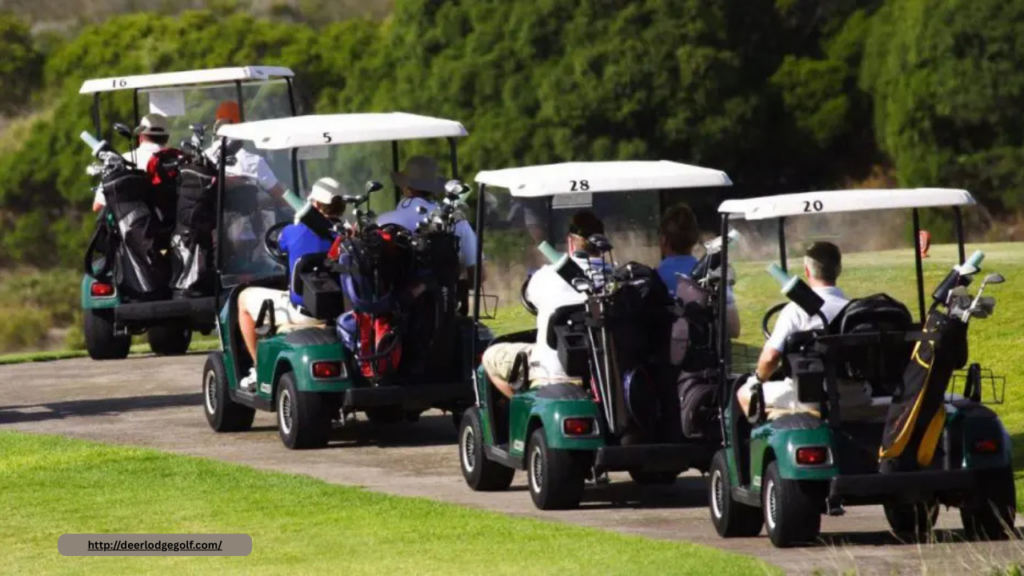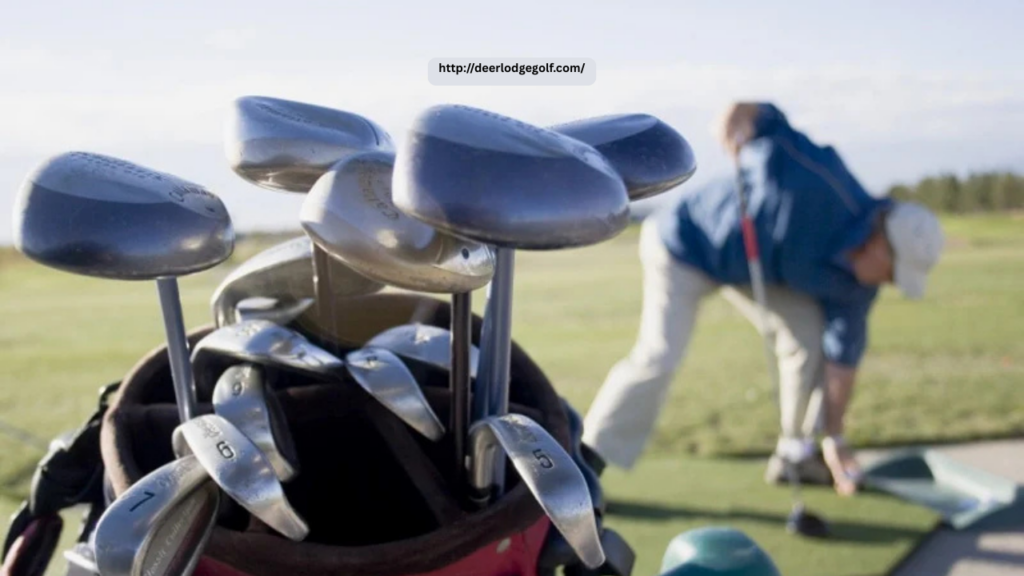Unraveling Under Pressure: Alcohol, Ego, and the Weaknesses of Golf’s Leaders

Golf, known for its mental rigor and demand for emotional control, has become a metaphor for grace under pressure. Leaders within the sport—executives, professional players, and high-profile club figures—are expected to model these very traits. But behind the image of refined discipline and effortless composure often lies a fragile balance. When alcohol and ego enter the equation, the veneer of control begins to crack, exposing the deep weaknesses that can undermine golf’s most prominent leaders.
The Illusion of Control
In golf, as in leadership, control is currency. Leaders are admired for their ability to maintain poise under pressure, to make decisions that influence careers and shape reputations. But the same ego that fuels ambition can also mask vulnerability. The fear of appearing weak or fallible drives many to suppress emotions and project invincibility.
Alcohol often becomes the tool used to sustain this illusion. It offers temporary relief, a socially acceptable escape from the constant weight of expectation. Among golf’s leaders, where appearances are everything, alcohol is both a symbol of status and a private anesthetic. Happy hours, donor dinners, and exclusive club events create an environment where overindulgence is not only tolerated but often celebrated.
The Erosion of Leadership
When alcohol use shifts from casual to compulsive, the impact on leadership can be devastating. Decision-making becomes erratic, professional relationships begin to fray, and the clarity required for strategic thinking is compromised. Ego, inflated by years of unchecked authority, often prevents leaders from acknowledging the problem. Instead of seeking help, they double down on denial, convinced their power insulates them from consequence.
Over time, however, the consequences become undeniable. Missed opportunities, public embarrassments, and even legal issues begin to accumulate. The trust that others once placed in these figures erodes, replaced by skepticism and concern. For a sport that prides itself on honor and etiquette, such downfalls are not just personal—they are institutional failures.
Cracks in the Ivory Tower
Golf’s upper echelons have seen their share of scandal involving alcohol and ego. From executives stepping down amid controversy to former champions confronting public battles with addiction, the pattern is clear. Yet for every high-profile fall, there are countless quieter struggles hidden behind closed clubhouse doors. These stories rarely make headlines, but their impact on the sport’s culture is significant.
The silence around these issues reflects a larger discomfort with vulnerability. In many elite golf circles, seeking help is still seen as a sign of weakness, especially for men in leadership roles. This mindset perpetuates a cycle of secrecy and self-destruction.
Toward a Culture of Authentic Leadership
Breaking this cycle requires a cultural shift. Golf’s institutions must begin to value authenticity and emotional health as much as performance and prestige. Leadership training should include emotional intelligence, stress management, and substance abuse awareness. Club policies should encourage responsible behavior, and visible support systems should be in place for those struggling.
In a game built on integrity, real strength lies not in ego or image, but in the courage to confront personal flaws. Golf’s leaders must redefine what it means to lead—not just with authority, but with humility, vulnerability, and a commitment to wellness.
